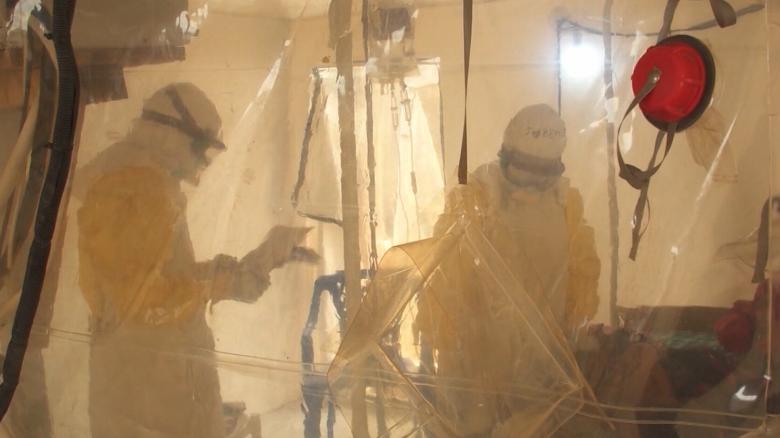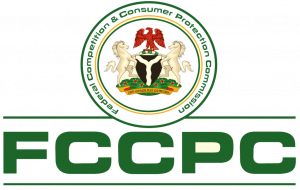Two new Ebola treatments show promise in the fight against the outbreak in Congo

The treatments, known as REGN-EB3 and an antibody called mAb114, were being tried out in patients with Ebola in the Democratic Republic of Congo, along with antiviral drugs ZMapp and Remdesivir.The test of the drugs started in November as a part of the emergency response to the outbreak in the North Kivu and Ituri provinces.The current Ebola outbreak is now considered the second largest in history, killing at least 1,800 people. Violence in the region has limited efforts to fight the outbreak.The drugs REGN-EB3 and mAb114 showed “clearly better” results compared to the others, according to the Data and Safety Monitoring Board (DSMB). The treatments were developed using antibodies harvested from people who survived an Ebola infection.On Friday, the DSMB recommended that all future patients be given either REGN-EB3 or mAB114 after they reviewed the results.The study is an international effort that is co-sponsored and funded by Congo’s INRB and the National Institute of Allergy and Infectious Diseases (NIAID), part of the United States’ National Institutes of Health. Dr. Anthony Fauci, director of the NIAID and one of the researchers leading the trial, said the results were “very good news” in the fight against Ebola.”Obviously, this is a very important advance,” Fauci said. The treatments won’t stop the epidemic because that’s done through contract tracing and identifying who has the disease, he said. But the study results show real promise, he said, and can “save the lives of people who are unfortunate enough to be infected.”The results showed that 499 study participants who got the REGN-EB3 or mAb114 had a greater chance of survival compared to those who got the other drugs.The Ebola patients who will take these two drugs in the future will be enrolled in an extended study to give scientists a chance to see if one works better than the other. The differences in the response of the patients to these two treatments in this initial test were “negligible.”Researchers working with the World Health Organization and the pharmaceutical companies that make the drug, MappBio, Gilead, Regeneron, and Ridgeback Biotherapeutics have been racing to find something to stop the Ebola outbreak.







